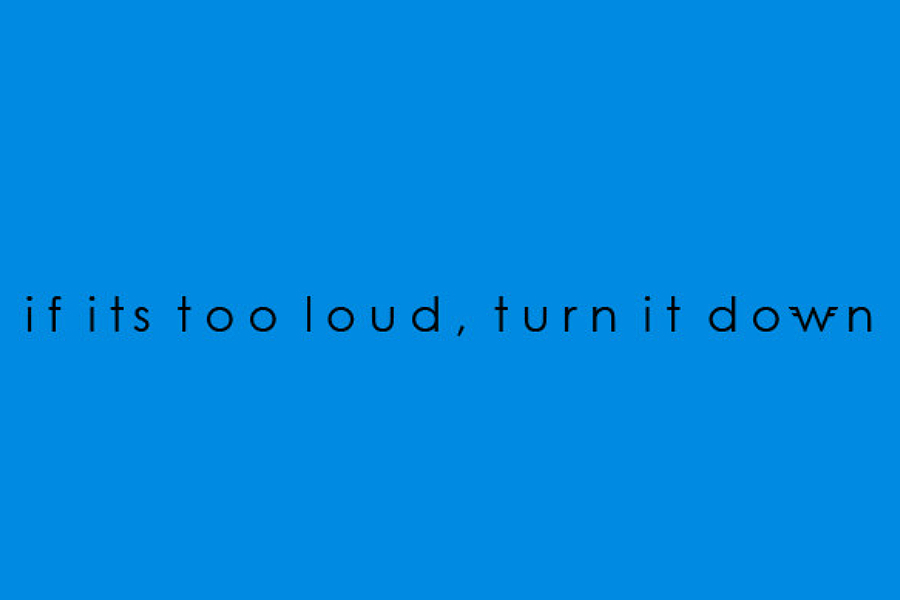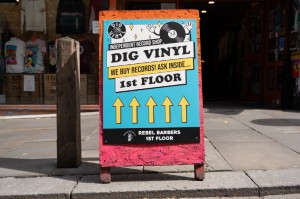Say it ain’t so: Rivers Cuomo and Weezer

If you like your Weezer strictly old-skool, you’re not alone…
In the beginning was the word and word was with Rivers, and the word was Rivers. If you’ll forgive for a moment the slightly overstated sense of melodrama, when the Rivers Cuomo-fronted Weezer released their eponymous debut (1994) and its follow up Pinkerton (1996), a new King (after a fashion) was born.
In hindsight, it’s hardly a surprise. Weezer, or the Blue album, released amid the dying embers of grunge (arriving just one month after Kurt Cobain’s death), was laden with what seemed – on the face of it – light and incredibly catchy tracks. The singles Undone – The Sweater Song, Buddy Holly (featuring the Spike Jonze directed Happy Days pastiche) and Say It Ain’t So propelled the band toward the attention of the mainstream.
In short, the band were something of a tonic, a welcome vacation from the heart-on-sleeve angst of the music that had dominated the airwaves in the preceding few years. That said, Cuomo did a fine line in emotion-tinged song writing too, but the subtleties of The Sweater Song, et al, had a lulling quality – the listener could take as much or as little emo as what they wanted from Weezer rather than be beaten about the head by the despair-tipped blunt instrument wielded by grunge.

And as for ‘the difficult second album’, Cuomo and his band trotted out Pinkerton as if they’d never heard of such a thing (in many ways though, never has that truism been so, well, true). Released two years later, ask many die-hard Weezer fan today which album is their favourite, and almost without missing a beat, Pinkerton will be their response.
But initial reviews were perhaps a little circumspect and sales nowhere near matched those of its highly polished predecessor. While retaining aspects of the Blue album’s pop appeal, it is by no means as immediate. If not quite a slow-burn – there are some real hook-fuelled, if off-kilter, moments on the likes of el Scorcho – it is a lot less gung-ho.
Largely confessional and autobiographical, the NME described it as “a truly moving album”, one which captures Cuomo all at once at the peak of his powers and his most vulnerable. But that lack of immediacy and acclaim drove Cuomo to despondency, declaring in 1997 that: “This has been a tough year. It’s not just that the world has said Pinkerton isn’t worth a shit, but that the Blue album wasn’t either. It was a fluke. It was the video [for Buddy Holly]. I’m a shitty songwriter.”
We hesitate to use such a pat analogy, but like a fine wine, Pinkerton got better with age – unlike the wine however, it didn’t have to mature, its audience did. Once they had, the album would go on to be unquestionably considered Cuomo’s masterwork, his magnum opus, by fans (as we’ve suggested) and critics alike: the re-released deluxe edition Pinkerton has a 100% metacritic rating.
This delayed fanfare and recognition would make its way to Cuomo’s ears all too late. Never a stranger to writer’s block, the perceived failure of Pinkerton, and no doubt various other components (including depression), led to an extended hiatus for Weezer. With his retreat to Harvard (where he intermittently studied English from 1995), came ‘don’t know what you’ve got ‘til it’s gone’ pangs. It seemed with the band and its leader out of the picture, people – fans and critics alike – suddenly ‘got’ Pinkerton.
But for four years (they seemed long, uncertain ones from where we sat), the band stayed away, and affection for Weezer, and in-particular Pinkerton, transformed into obsession. In 2001, Weezer finally returned, rocking an album filled with the same kind of irresistible feel of their debut. Again called Weezer (or the Green album), with tracks like singles Hash Pipe and Island in the Sun they’d repeated the trick, with the fans and critics falling over themselves for a piece of power punk-pop like nobody else came close to.
If things looked rosy, they were. For a while. And when a year later fourth album Maladroit hit, accompanied with a once again limelight grabbing video (Keep Fishin’ featured a memorable Muppets-filled promo), the band seemed to have completed their journey, re-establishing themselves as the cross-over band everybody loved.
But backlash was in the air. Whispers that Maladroit was largely overrated couldn’t be subdued, and by the time Make Believe came out in 2005, it seemed that once more the audience had fallen out of love with Rivers and his band. The other argument is of course that this incarnation of Weezer just weren’t up to scratch.
With subsequent releases proving increasingly underwhelming, and fans clamouring for ‘another Pinkerton’, the band’s nadir came in 2010 (around the time of the release of album number eight, Hurley). A petition was started for fans to raise $10M dollars if Weezer would only “take our money and disappear”. While this was laughed off by the band, all the same, it was something of an indictment of them and their later output.
Don’t worry your head too much about late Weezer, though. This Thursday sees Andrew Ellis’ Gold Soundz (where a band are celebrated with live music and DJ sets) return, with Geezer, playing a selection of the Blue album, and a smattering of Pinkerton and the Green album, too. Ellis says he “get[s] asked for Weezer at least 400% more than any other band”, and we are thankful to see him bow to popular demand. Just don’t tell Rivers…
Gold Soundz present Geezer play Weezer 8pm @ Sound Food and Drink FREE





